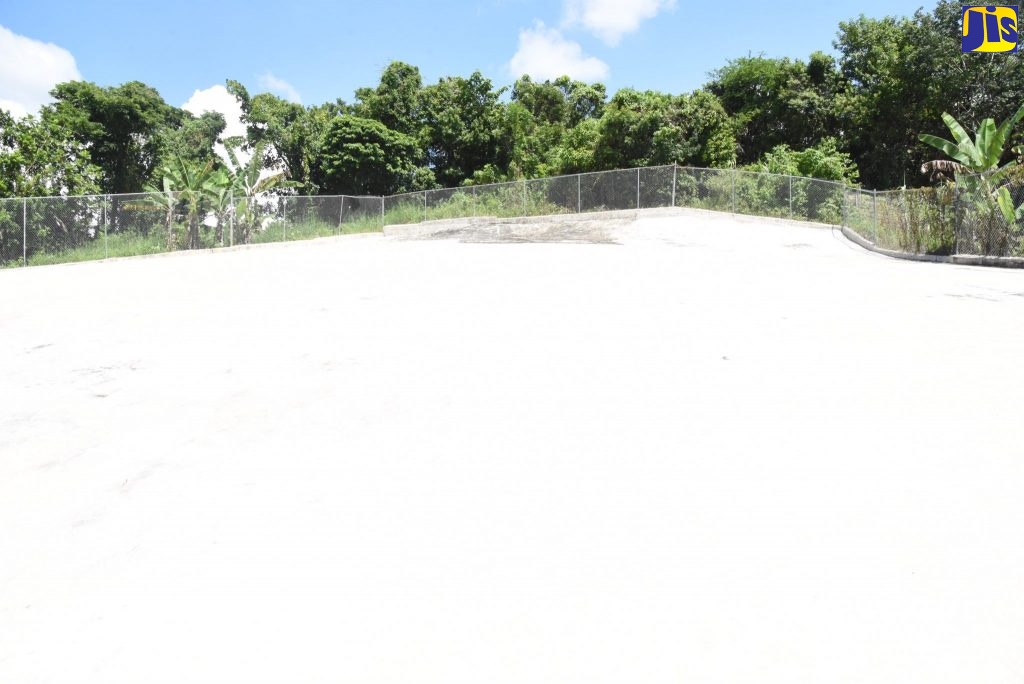CDB Helps To Solve Trenail’s Water Problems
By: , March 21, 2020The Full Story
The approximately 3,400 residents of Trenail in Maggotty, St. Elizabeth, are now able to access potable water, thanks to the rehabilitation of the community’s water tank through funding from the Caribbean Development Bank (CDB).
Under the project, piped water is sent to a central location in the community where residents can now access it. This has brought much joy to the residents and ease on their pockets, as they previously had to pay as much as $2,000 per week, per family, for potable water.
Implemented through the CDB, the project was executed by the Jamaica Social Investment Fund (JSIF) at a cost of $24 million in 2017.
The project facilitated the rehabilitation and extension of an 80,000-gallon tank to include base and covering. Chain-link perimeter fencing was also erected around the catchment site for increased security. Other works included the installation of a sand filter, a chlorination system, three standpipes and two 1,000-litre plastic tanks.
Operations Officer at the CDB, Karl Pivott, says projects that focus on water solutions usually have a large impact on the entire community.

Mr. Pivott notes that in water-starved areas, it is usually the women and children who would have to transport the precious commodity. By investing in these projects “it gives them more time for school and work”, the Operations Officer observes.
He witnessed first-hand the gratitude and acknowledgement of the residents while on a tour of the community recently.
Social Officer at JSIF, Daintyann Barrett-Smith, also explains that the rehabilitation project, while relatively low in cost had high impact on the community.
Resident Vicas Dunkley recalls that the water supply facility was originally built in the 1940s. It began deteriorating in the 1980s and could not hold water for any long periods, as it leaked profusely. There were also small dead animals such as birds and frogs in the tank.
To avoid drinking from this unsafe source, some residents would pay approximately $2,000 for water trucks to fill their 400-gallon tanks, which would last just one week per family home. For those who did not have a tank, $500.00 would fill a drum. However, others would continue to use the facility and pray for the best.
Mr. Dunkley explains that with the improved water supply, children now have an easier time getting ready for school, as water is now readily available.
Residents are also delighted with the fact that the tank is helping to facilitate crop irrigation, as many of them are small farmers.
“Water is life, food is not all,” one resident expresses.
The residents say the community is beyond grateful for the assistance, as there are no other sources of water in the area. The facility, which started in 2016, was handed over to the St. Elizabeth Parish Council in 2017.


